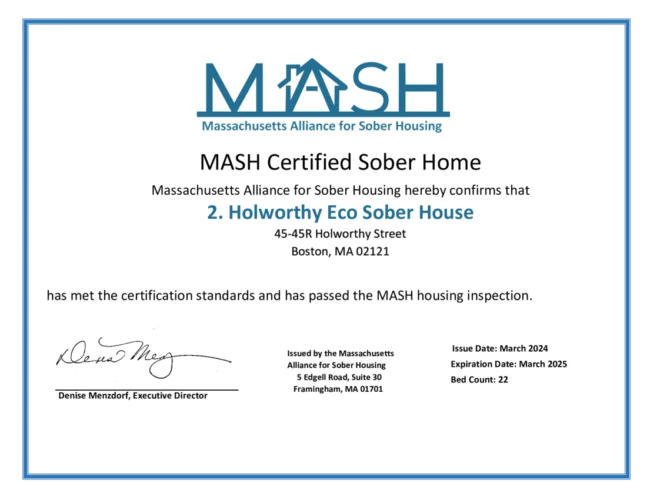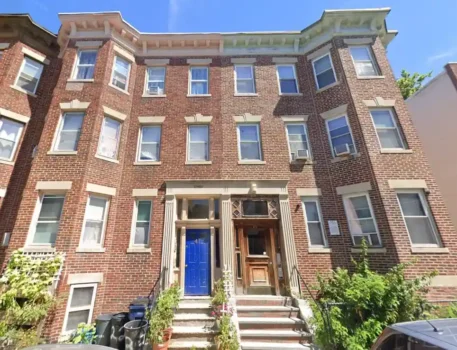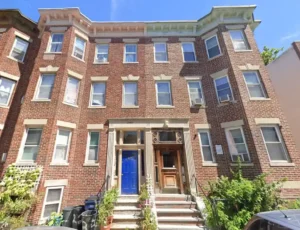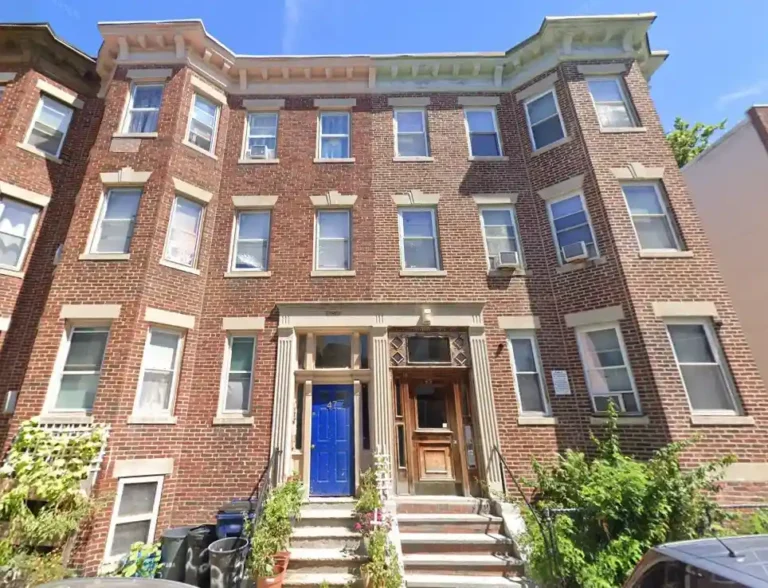
For example, people who struggle with social anxiety may drink solely for the purpose of relieving anxiety in social situations. Hangover duration and severity may depend on the amount of alcohol a person drinks. People can usually manage all types of anxiety by using a combination of lifestyle changes, medications, and therapy rather than alcohol. If they continue to use alcohol to help them feel more relaxed or at ease, they might eventually feel the need to avoid any social situations where they would be unable to drink. Alcohol consumption also releases cortisol, which is a stress hormone. Increased cortisol can reduce your ability to regulate emotions the next day.
We and our partners process data to provide:
The relationship between anxiety and alcohol and anxiety alcohol has become increasingly clear thanks to research (Clark, 2006). Alcohol also becomes dangerous when prescription anxiety medication is involved. Serious side effects, some of which may be life-threatening, can occur when alcohol mixes with the chemicals in pharmaceuticals. It’s extremely important to be honest with your doctor if you are using both anxiety medication and alcohol.

It gets better, but you have to quit drinking.
Alcohol use for anxiety becomes dangerous when drinking goes beyond moderate. Moderate alcohol use is frequently defined as two drinks per day for adult men and one drink per day for adult women (Cherney & Jewell, 2016). Once people begin to use alcohol for their anxiety, they often continue to do so. Alcohol, after all, is a sedative, a depressant for the nervous system.
Dealing with hangxiety
“It makes sense that you would feel a sense of panic as you try to piece together what your actions were,” Stensby says. “Not Twelve-step program knowing what occurred or with who can leave you feeling anxious for a good reason.” The following quiz is called the AUDIT which stands for Alcohol Use Disorder Identification Test.

Should You Quit Drinking If You Have an Anxiety Disorder?
- In fact, alcohol’s effects can be similar to those of antianxiety medications.
- Researchers found that those with an anxiety disorder were between 2.1 and 3.3 times as likely to develop alcohol use disorder.
- People need to speak with a doctor if they are experiencing the above effects due to alcohol.
- Ultimately, the only way you can completely eradicate hangxiety is to reduce your drinking or stop drinking entirely.
- Sometimes, people turn to alcohol or other substances to help them hide from their problems or cope with symptoms of mental illness.
“People who are isolated, eat a diet high in carbohydrates and do not get enough exercise or sunshine tend to be much more susceptible to alcohol-induced anxiety and depression,” she says. As scary or overwhelming as that first step can seem, reaching out for help is the best thing you can do. Ultimately, you’ll have to quit drinking (even temporarily) and make big lifestyle changes to better manage your anxiety. It is not uncommon for people suffering from OCD to use alcohol to cope with symptoms. At first, it might seem like alcohol is an effective tool for quieting the mind.
Alcohol consumption above those levels is considered heavy drinking. However, there were far fewer studies that focus on African Americans for the researchers to review, and more research may be needed. Alcohol increases ‘inhibitory’ neurotransmitters2, meaning brain activity slows down. Alcohol also acts on the GABA (gamma-aminobutyric acid) receptor, causing a sense of sedation and lowered anxiety. It affects serotonin levels3, too, and over time, these skewed levels contribute to alcohol addiction. Dealing with anxiety after quitting drinking can be a challenging but crucial aspect of the recovery process.
- This causes sweating, shakiness, an increased heart rate, and an overall feeling of anxiety.
- Other treatments such as anxiety self-help, therapy, and medication will be much more successful in the long run.
- Alcohol use for anxiety becomes dangerous when drinking goes beyond moderate.
- Most people can expect to see an improvement in their anxiety symptoms in this time as the brain’s balance of chemicals and processes start to return to normal and you experience better quality sleep6.
- Talk to your doctor to decide which type of medication is best for you.
- Even one drink can interrupt the natural cycles of sleep, causing a nervous or irritable feeling the next morning.

Research has found that some people have “hangxiety,” or anxiety after drinking alcohol. A blinding headache, nausea, and fatigue are the classic signs of a hangover. Anxiety and irritability can also occur with a hangover the day after drinking. You might be more likely to have hangxiety if you have existing anxiety or depression. Long-term heavy drinkers may be predisposed to developing an anxiety disorder.
